Retiring to farm was a trend at the CAFF Farm School in 2023. John worked for 33 years in a machine shop at Bekaert Steel, but he dreamed of farming. Growing up in rural and agricultural Riverton, Kansas, his grandfather and great-grandfather farmed. His father had a hobby farm on 17 acres with cattle and a large vegetable garden. John and his wife moved to Arkansas over thirty years ago to be near her family. Once settled, he always had a garden. There was a lot of joy in getting outside to work the dirt and see his plants grow. He wanted to retire early with a small farm, while still young enough to be productive.
When John and his wife discovered the Center for Arkansas Farms and Food, they decided to attend one of the open house events at the CAFF Farm School. After touring the facility and hearing about the curriculum, he decided it was time to do what he really wanted to do and learn to farm.
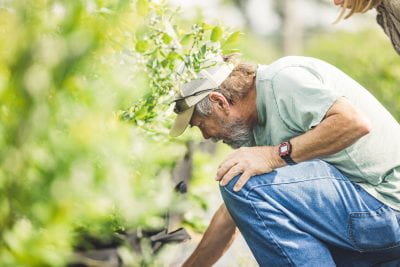 He had some farming knowledge coming into the program but was surprised and excited with everything new he learned. Specifically, newer methods for crop planning and modern production processes. Helpful software programs play a big role in farming now too. “It’s just better,” John says, “I had never gotten into any of that before. I knew about row crops and basic crop rotation. But this is different. The broad mix of crops gets a bit more complex for rotations. It’s not commodity-driven but customer-driven.” He finds it all very interesting and likes the idea of growing many kinds of vegetables. “It does make you think about planning more and trying to figure out how to get that plan to work. When you do, it’s very satisfying.”
He had some farming knowledge coming into the program but was surprised and excited with everything new he learned. Specifically, newer methods for crop planning and modern production processes. Helpful software programs play a big role in farming now too. “It’s just better,” John says, “I had never gotten into any of that before. I knew about row crops and basic crop rotation. But this is different. The broad mix of crops gets a bit more complex for rotations. It’s not commodity-driven but customer-driven.” He finds it all very interesting and likes the idea of growing many kinds of vegetables. “It does make you think about planning more and trying to figure out how to get that plan to work. When you do, it’s very satisfying.”
John says that seeing the crop come to fruition is very fulfilling and something he really missed during his factory years. There is a sense of discovery in learning new methods and equipment. “The farmers in my family never had a greenhouse or high tunnels. Everything was either direct seeded or purchased transplants. I’ve learned all of these different ways of doing things now with new methods, and tools. I have a different perspective on farm implements, how to use them, and getting the soil to do what you need it to.”
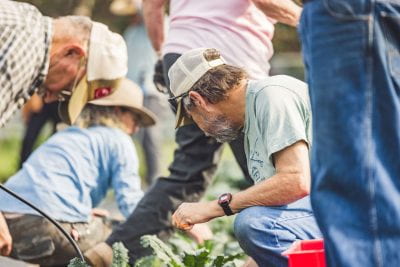 John has two initial goals for his future farm. He wants to have a stand at the farmers market, and enough surplus to feed his family for nine months out of the year. Beyond that, he’s not sure what else he’ll accomplish and hasn’t decided what to grow yet. But inspiration is found at the local farmers market where new types of produce are offered. “I’d like to introduce new varieties to people at the local market.”
John has two initial goals for his future farm. He wants to have a stand at the farmers market, and enough surplus to feed his family for nine months out of the year. Beyond that, he’s not sure what else he’ll accomplish and hasn’t decided what to grow yet. But inspiration is found at the local farmers market where new types of produce are offered. “I’d like to introduce new varieties to people at the local market.”
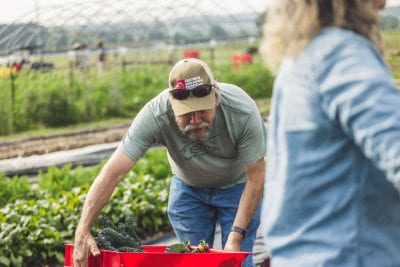 John’s advice for others considering farming is to learn how to look for farmland. It’s important to choose for soil types and health, “I’ve learned that you should think about what you plan to do with it and come up with a three-year plan. You’ll need to build up the soil health, and that takes time. You can start with a home garden and expand it to market size or wholesale later.“
John’s advice for others considering farming is to learn how to look for farmland. It’s important to choose for soil types and health, “I’ve learned that you should think about what you plan to do with it and come up with a three-year plan. You’ll need to build up the soil health, and that takes time. You can start with a home garden and expand it to market size or wholesale later.“
John says that for him, farming is a calling. It’s just something that he has always known he wanted to do. “I’m chasing a dream and hoping that with hard work, luck, and knowledge, I’ll be able to achieve it.”. It’s a mantra many hopeful farmers have spoken for generations. Aren’t we all glad they did?
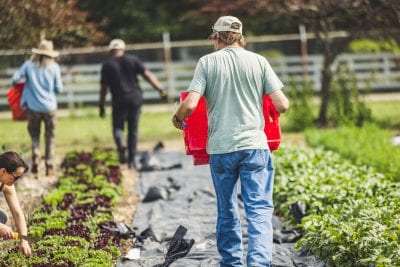 If you have that same calling to farm as John, explore the programs offered by The Center for Arkansas Farms and Food. As the population grows, it’s vital that we train and educate a new generation of farmers. You can learn more and apply at LearnToFarm.org. CAFF is part of the University of Arkansas System, Division of Agriculture.
If you have that same calling to farm as John, explore the programs offered by The Center for Arkansas Farms and Food. As the population grows, it’s vital that we train and educate a new generation of farmers. You can learn more and apply at LearnToFarm.org. CAFF is part of the University of Arkansas System, Division of Agriculture.

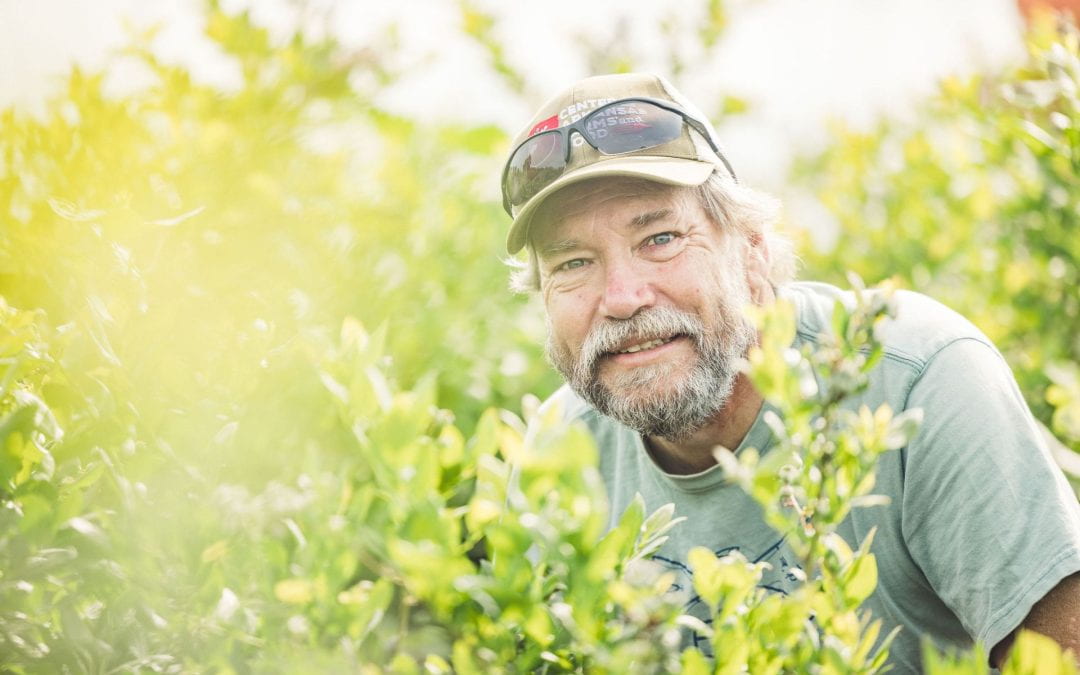
Recent Comments